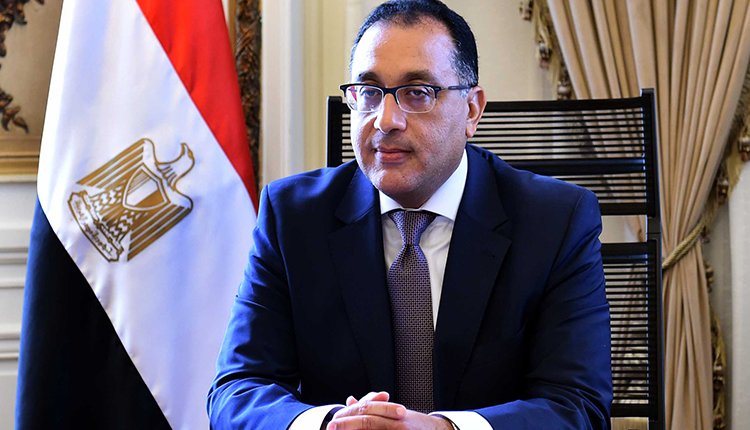Egypt counts on the private sector to raise growth levels through its investments in the government’s projects and initiatives, said Prime Minister Mostafa Madbouly.
Madbouly added during a webinar organised by the American Chamber of Commerce (AmCham) in Egypt that the government has allocated 500 billion Egyptian pounds for the Decent Life initiative and its affiliated projects despite the coronavirus crisis and the subsequent pressure on the state budget.
The projects of the initiative are meant to upgrade the infrastructure of Egyptian villages, improve the quality of life of their people, create job opportunities, reduce the harsh repercussions of the pandemic on the vulnerable, and enable them to access basic needs and services, Madbouly said.
The private sector should play a pivotal role in this regard through investing in the initiative’s projects. “We will not continue to spend more and more from the state budget in such projects. The private sector should be at the fore, directing its investments to state projects.”
Madbouly urged American investors to tap the opportunities that Egypt have, asserting Egypt’s desire for more involvement in the Egyptian economy by the US private sector.
He noted that US investments in Egypt stood at about $23 billion in 2020.
The prime minister stated that COVID-19 has caused the harshest impact on the economy in seven decades. He highlighted the precautionary and pre-emptive measures that Egypt adopted during the first wave of the pandemic that contributed to, together with the successful economic reform programme, making Egypt the only country in the region to see positive growth in 2020 and to navigate the crisis with minimum losses.
He noted that the government managed to set the balance between preserving public health and managing the economy without resorting to a total lockdown.
The measures included allocating 100 billion pounds to mitigate the repercussions of the pandemic, appropriating a total of 13 billion pounds to support the export sector, applying a comprehensive system of detecting and tracking infected cases, launching the Universal Health Insurance system, and securing the basic food and medical supplies the market needs.
On the support Egypt’s banking sector extended, Madbouly explained that it has allocated 50 billion poundsto back real-estate for low and middle-income classes and 20 billion pounds to support the stock market.
Egypt has also launched launching other initiatives that target boosting the private sector, small and medium-sized enterprises (SMEs) and retail loans.
“Egypt is focused now on regaining its macroeconomic pre-pandemic levels. For this purpose, we are working on upgrading the country’s road networks, ports, and implementing projects that secure a sustainable and resilient economy, including establishing sustainable cities, such as the New Administrative Capital,” Madbouly said.
He underscored Egypt’s strategic target to be a regional energy hub, noting that the private sector has a critical role to play in this regard and has the chance to tap the significant opportunities that the sector provides.
Madbouly added that Egypt targets securing 20 percent of its energy needs from renewable resources by 2022.
He said the country has started the vaccination process already, adding that Egypt has contracted with the COVAX Coalition to receive vaccine shipments in a bid to secure the country’s needs.
Coronavirus infections in Egypt are now under control, however, he added.
Myron Brilliant, executive vice president and head of the International Affairs Division at the US Chamber of Commerce in Washington, said that the US business community is focusing on investing in healthcare, fintech, digitisation, agri-business, and energy in Egypt.
Brilliant added that the US business community is committed to strengthening bilateral economic relations and investing in Egypt’s growth, stressing that the US businesspersons in Washington and Egypt are paying great attention to investing in Egypt and to bring new investors to the domestic market as well.
He lauded Egypt’s economic and structural reforms that enabled the country to navigate the crisis with resilience and strength.
